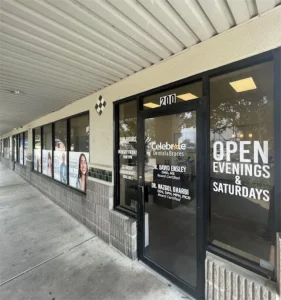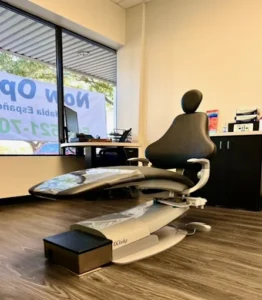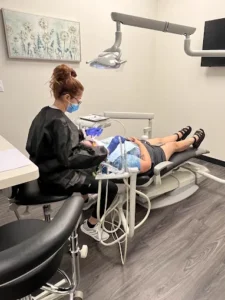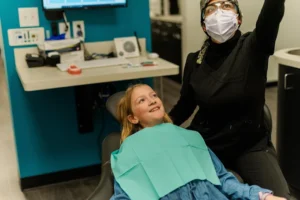Sometimes when you or your child has been undergoing an orthodontic treatment, there might be a need for a palatal expander to be used. This appliance expands the upper jaw, which provides enough space for the correct positioning of teeth. Nonetheless patients may complain of slight discomfort after the procedure. Below are the possible side effects of common orthodontic expanders, self-care tips and when to get professional help.
What Causes Palatal Expander Discomfort?
This orthodontic expander works by expanding the upper dental arch slowly over some weeks or even months.’ It can cause some amount of distress, most especially during the initiation of the therapy. According to a study, 45% of patients reported some form of pain during and after expansion. Hence, at the beginning of the activation you may likely feel certain sensations.
As noted in another research, majority of the patients reported that they felt palatal expander discomfort in the first week. Fortunately, such sensation usually disappears as the patient’s oral cavity gets adapts to the appliance. The same study also observed that symptoms such as speech difficulty and chewing discomfort which were identified as frequent at the beginning of the period were not as frequent after one week.
Common Palatal Expander Side Effects
Palatal expanders work, but like with most appliances, possibilities of the following side effects exist. Some of the most common include:
- Palatal expander soreness: It is natural to expect only mild discomfort; this is expected especially after fixing the position of the appliance.
- Palatal expander tenderness: Particularly, the gums and the teeth may become tender in the surrounding area.
- Palatal expander irritation: That is why with a new device in your mouth, it is common that your cheeks and tongue get sore from being rubbed and chaffed until the body gets used to the new device.
- Gingival inflammation: As noted by research, a 83.9% of patients experience inflammation of the gums around the appliance.
- Other rare side effects include numbness, tooth discoloration, and temporary hearing loss.
These are some of the problems which are usual to happen, however they have to be supervised. If they do, or deteriorate, then perhaps see your orthodontist.
How Long Does Pain Last?
A question that mind seems to rush towards when dealing with palatal expander pain is, How long will this pain last? Usually, the worst case of soreness is experienced in the first days after the appliance was installed or realigned. Thus most patients take one week to adapt to the device since the pressure reduces and the body accept the appliance.
How to Relieve Palatal Expander Pain
The good news is that there are numbers of techniques that can be used to relieve the palatal expander pain or discomfort. To know how to lessen or remove palatal expander discomfort, you can go for over-the-counter medications like ibuprofen. You also can follow that up with warm salt water mouthwash to reduce the inflammation of the gums. For more persistent irritation, such as abrasion against the cheeks, or tongue, an orthodontic wax can be applied on the expander.

Is Palatal Expander Pain Normal?
Quite often the patients enquire to know that this pain is quite normal? The answer is yes. Enlargement of jaw bones can lead to discomfort, soreness and irritation as they expand little by little. As far as it is regarded, that means the device is working to its optimum capability. Nevertheless, it should be moderate and should be able produce severe pain or is significant that can hinder the daily activities of a person. In case of severe discomfort, you should call your orthodontist.
When Should I See an Orthodontist for Palatal Expander Pain?
Like with any treatment, there will be some discomfort and thus you may be wondering When should I see an orthodontist for palatal expander pain? However, if your pain lasts beyond the first week or if the pain increases, it is proper to visit your orthodontist. Other pointing to serious issues are having a problem with eating or severe inflammation of the gums as well as any other issues such as loose appliances or breakage since research have noted an palatal appliance breakage among 10% of patients.
Ready for Treatment?
At our dental clinic people feel comfortable with the idea of having a palatal expander knowing that the process is long. Our main focus is to provide patients with individual approach in order to avoid discomfort during the treatment. If you have any palatal expander tenderness or any other side effects of it, come to us for professional advice and guidance as well as useful recommendations that fit your needs.
Book an appointment with us today!
